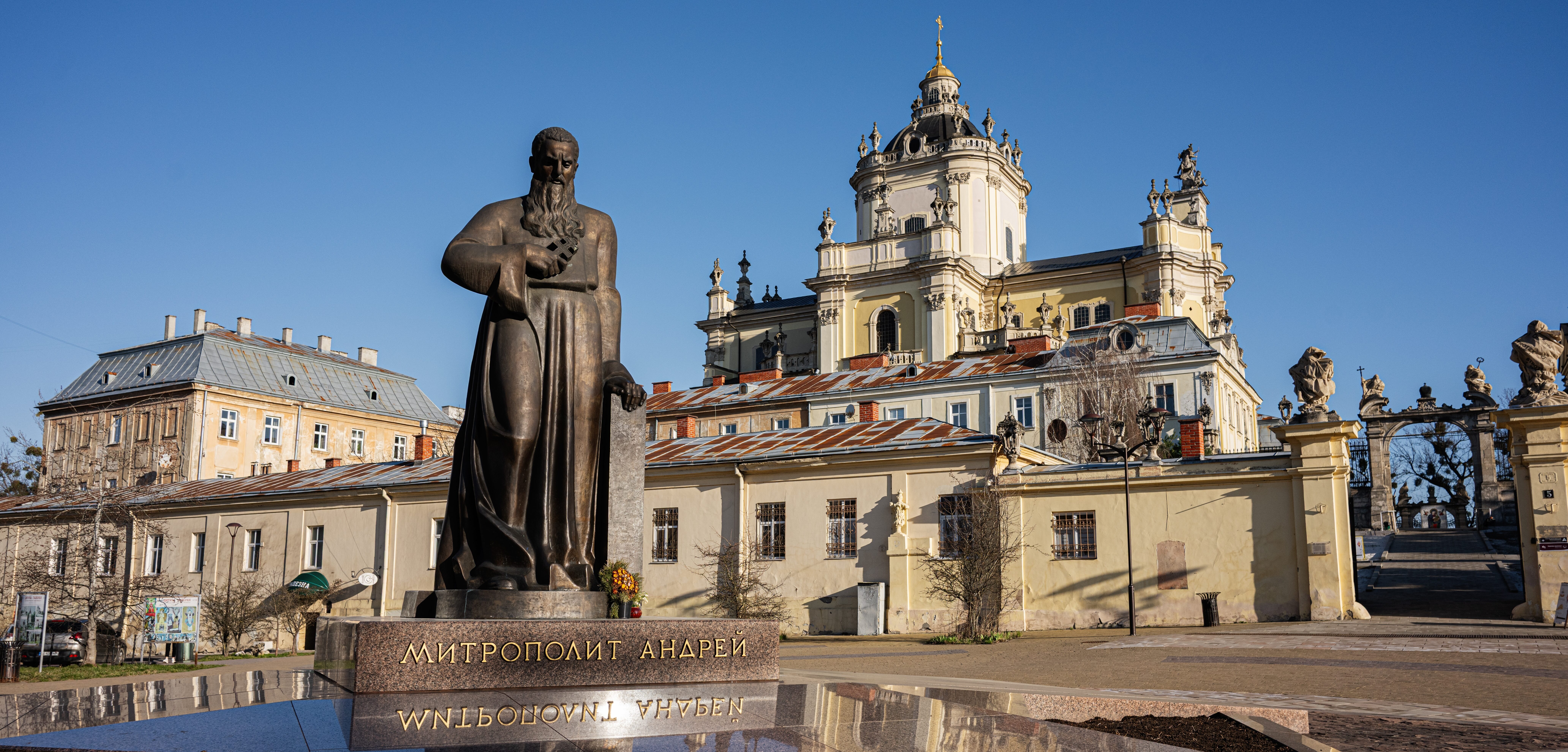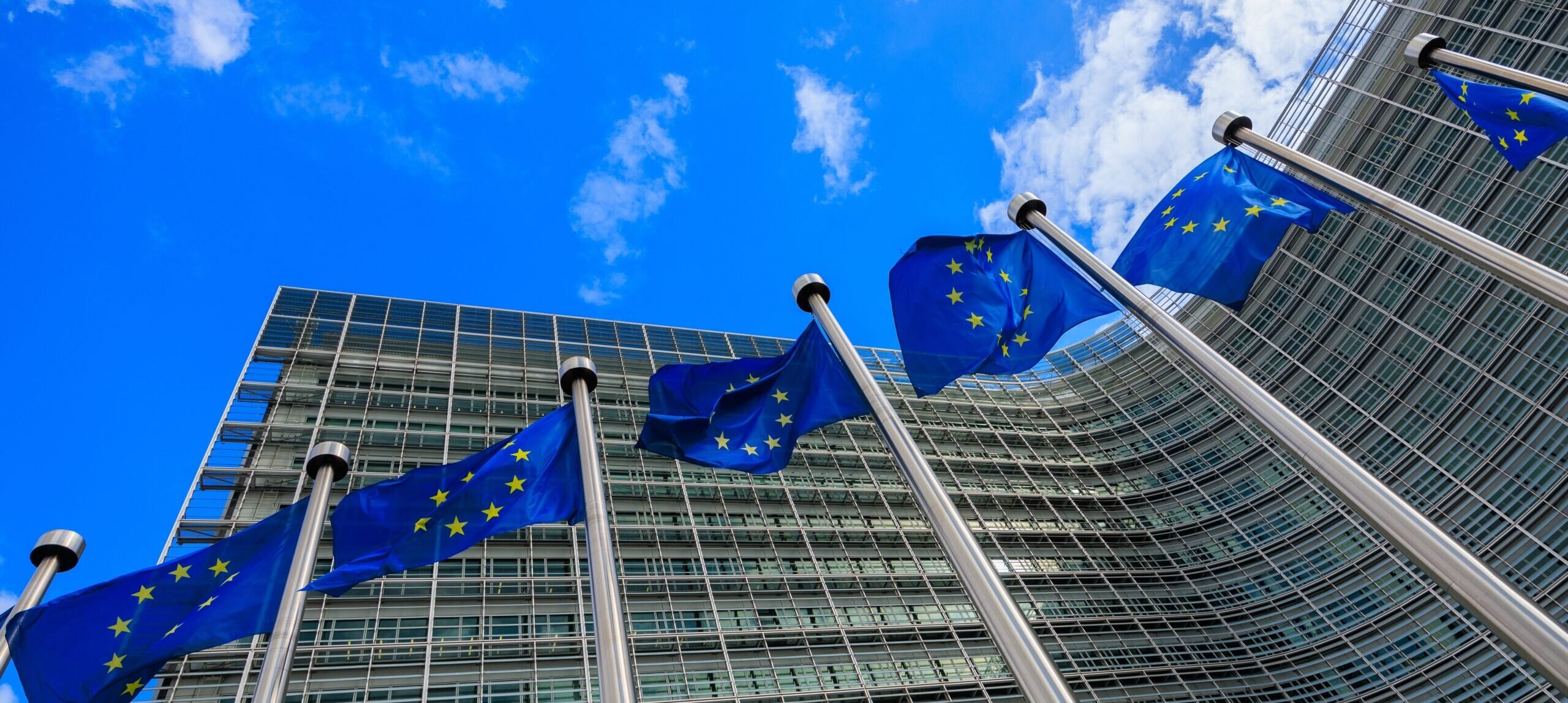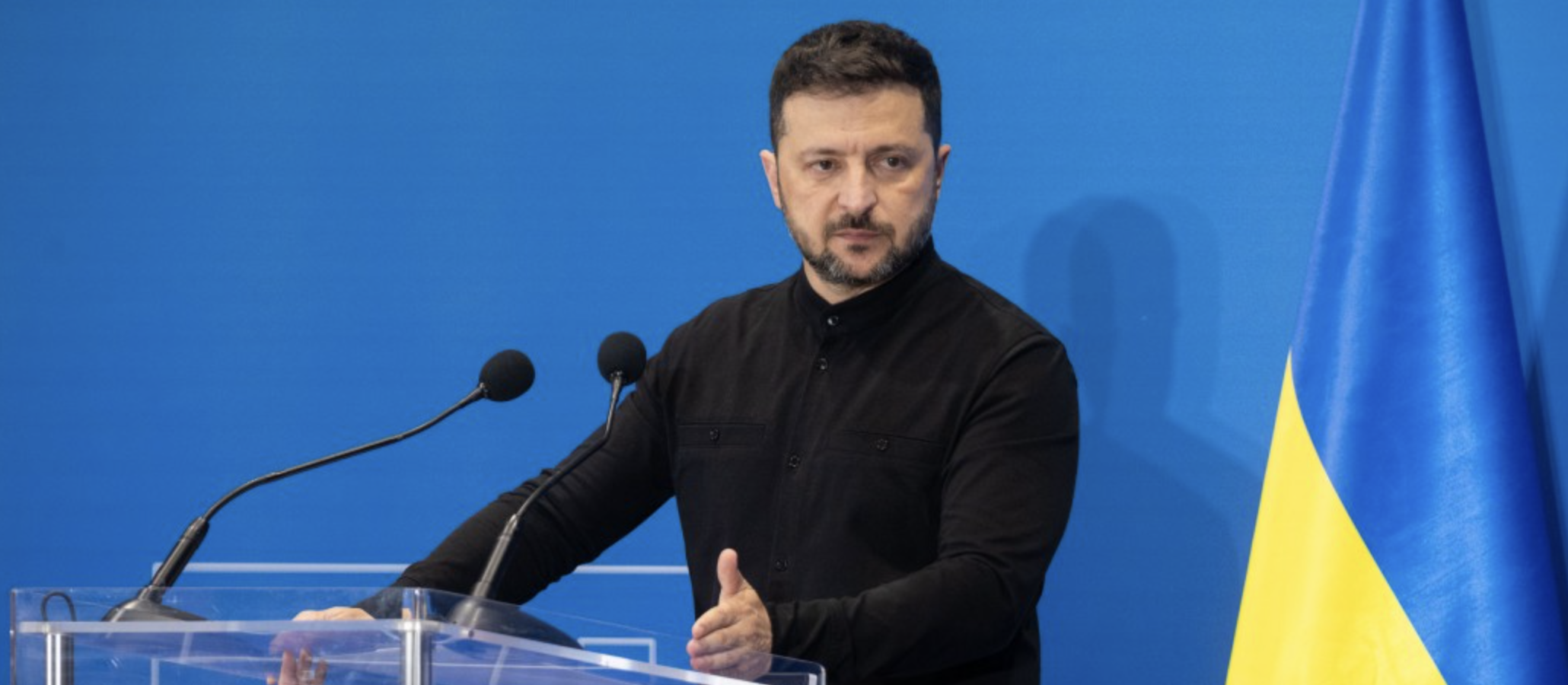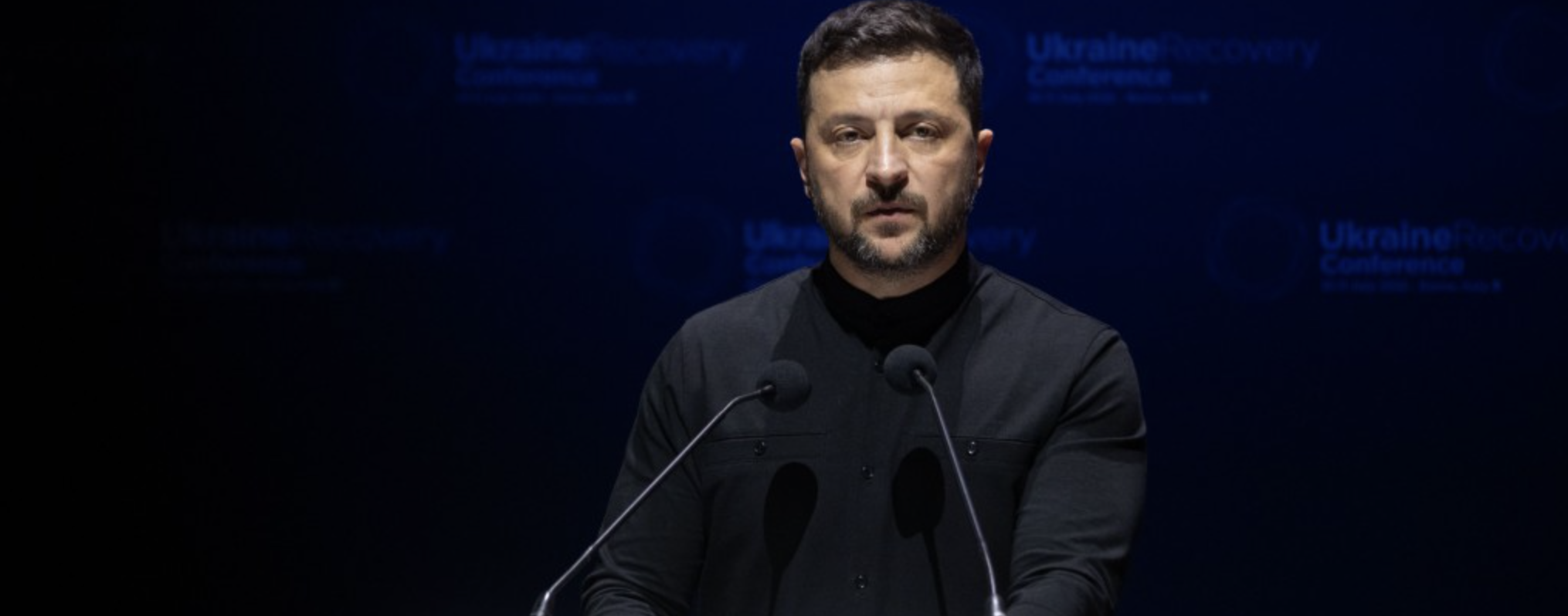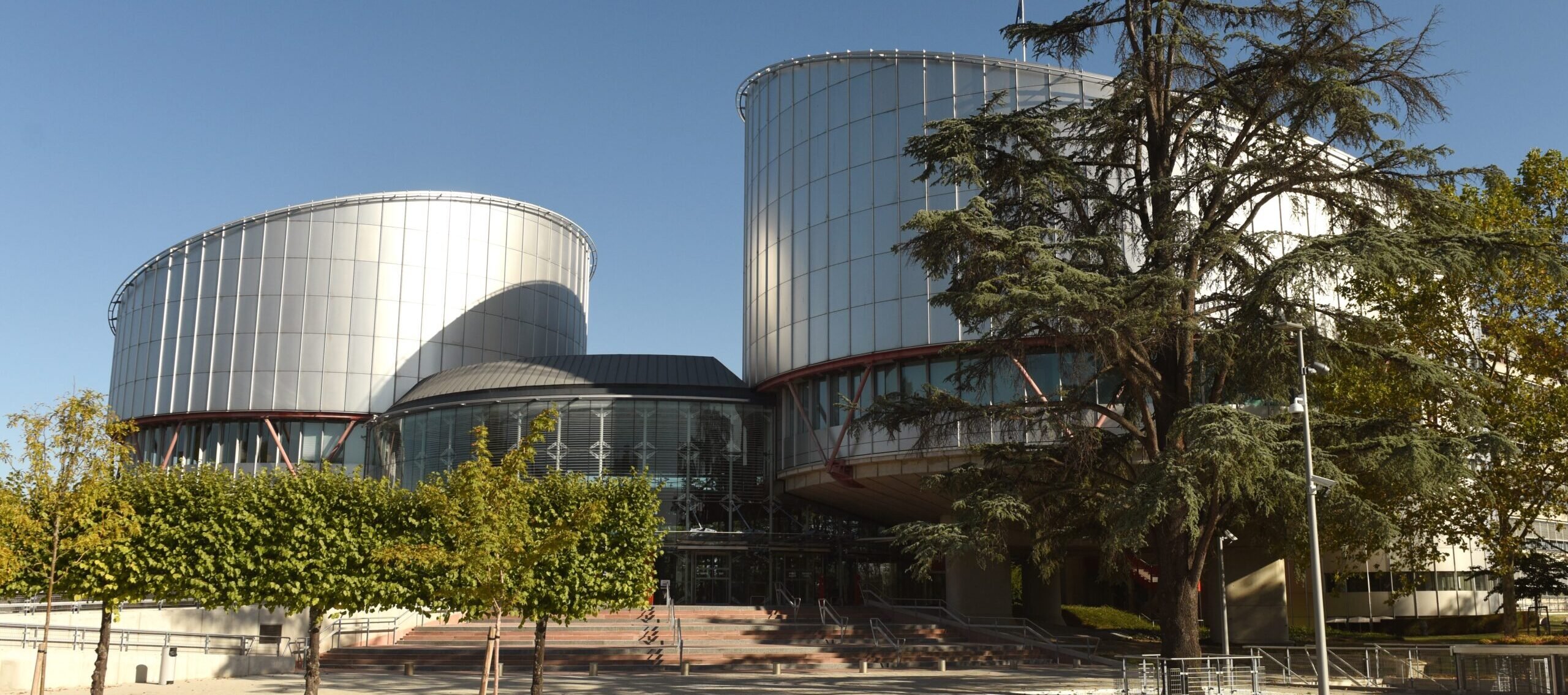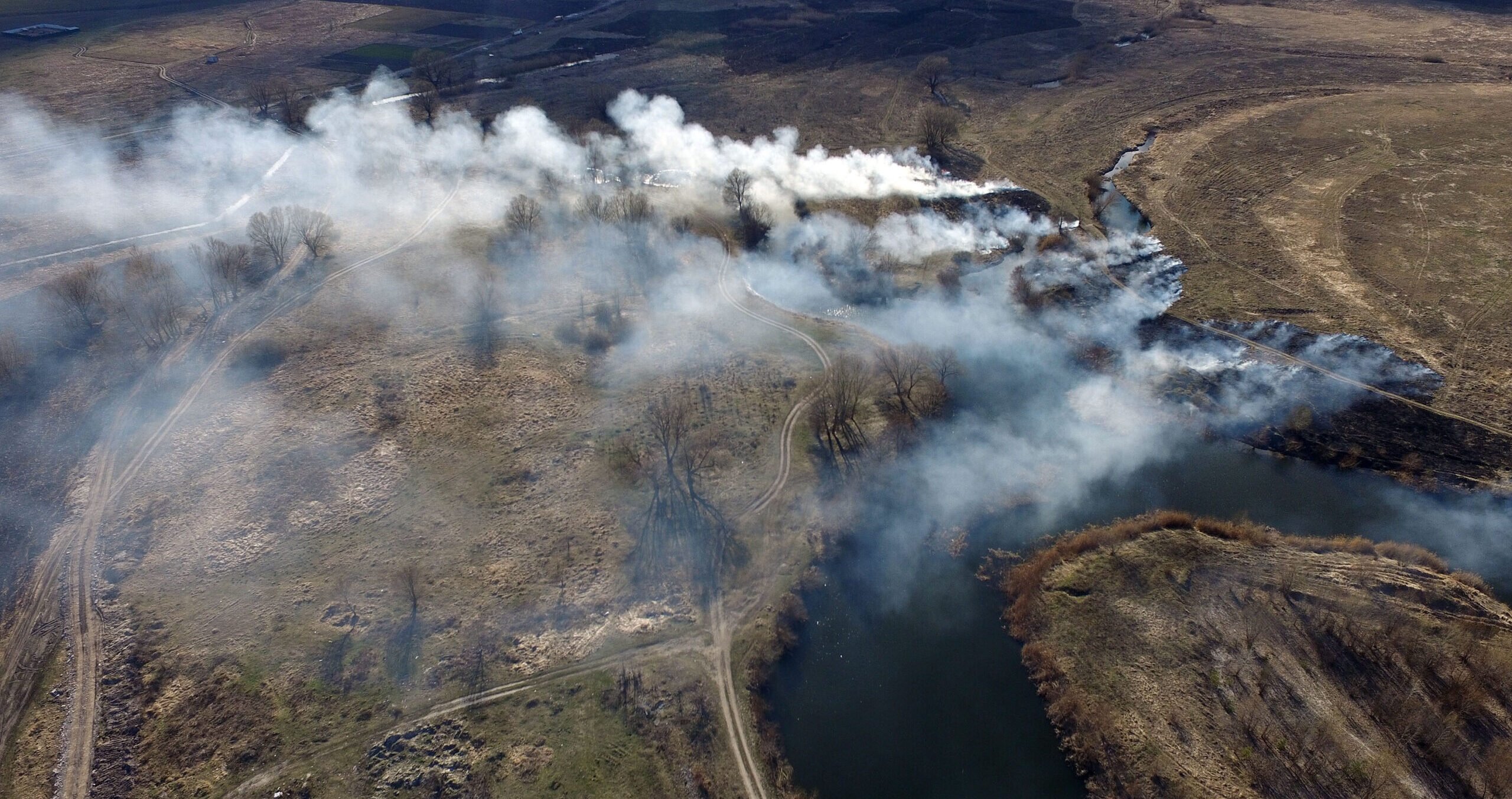
Abstract:
In the post-Soviet space, Georgia and Ukraine are broadly perceived as exceptions to the growing authoritarianism in the region owing to the far- reaching political changes triggered by the so-called Colour Revolutions a decade ago. This article examines Russia’s reaction to political changes in Georgia and Ukraine in light of the interplay between the democracy- promotion policies implemented by the EU and US and domestic patterns of democratization. We argue that despite the relatively weak impact of EU and US policies vis-a `-vis domestic structures, Russia has responded harshly to (what it perceives as) a Western expansionist agenda in pursuit of reasserting its own hegemonic position in the post-Soviet space. However, coercive pressure from Russia has also unintended, counterproductive effects. We argue that the pressure has actually made Georgia and Ukraine more determined to pursue their pro-Western orientation and has spawned democratization, thereby supporting the objectives of the Western democracy promoters.


